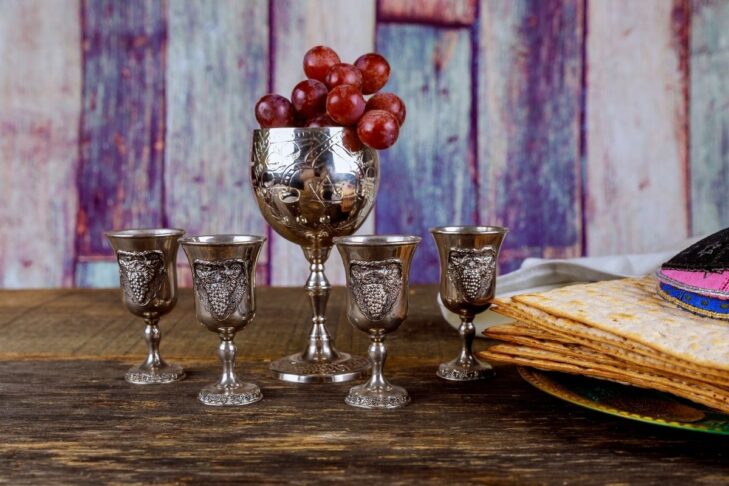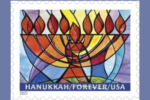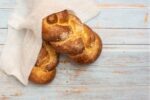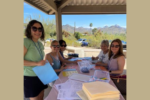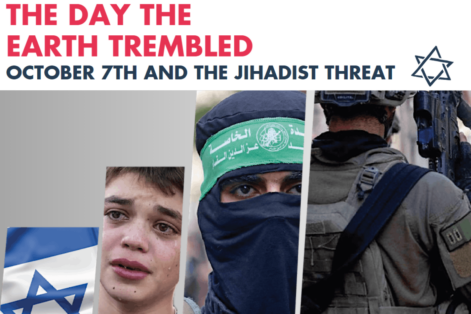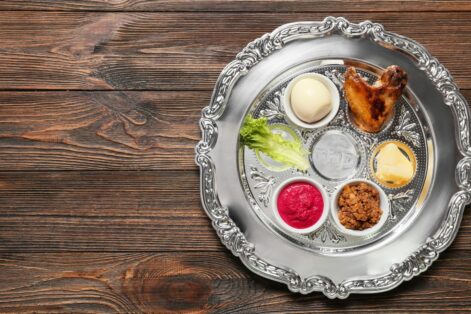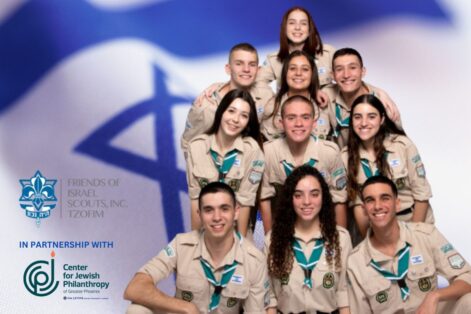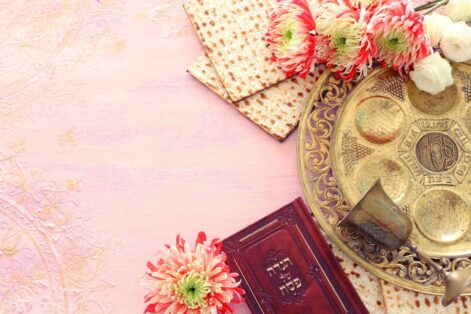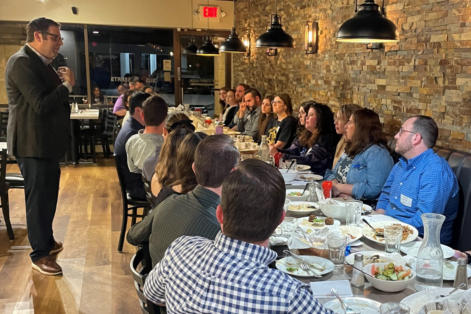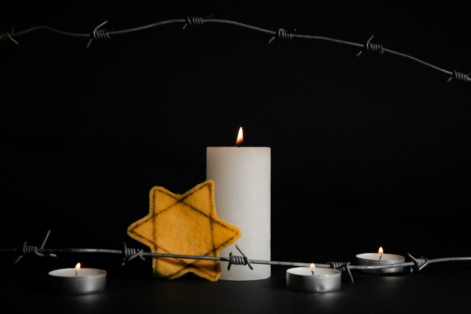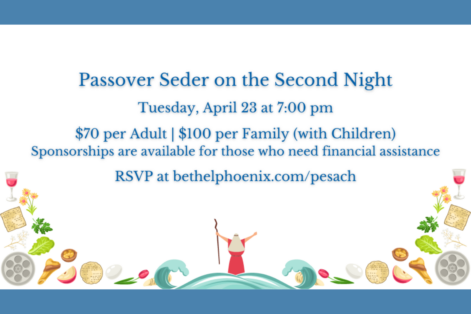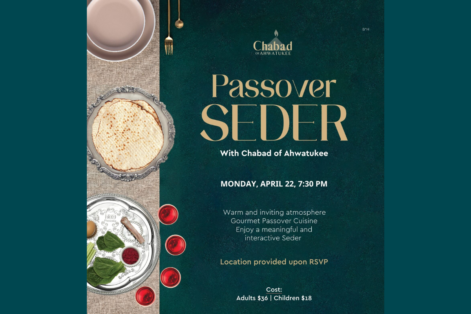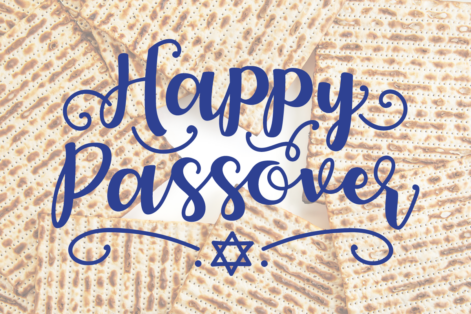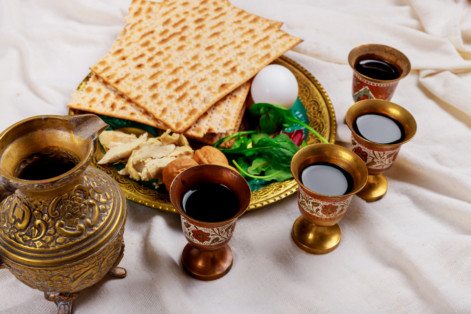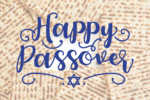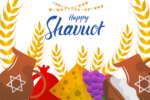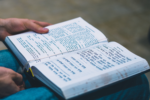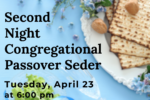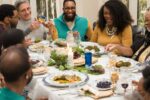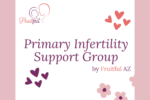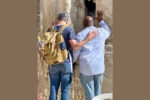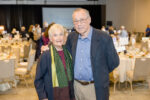Every year we retell the Passover story, and most Jews can tell you the basic facts. Pharaoh was a cruel and unjust ruler. The Jews had to endure bitter slavery. Moses saved them but we had to get out quick and that’s why we eat matzah.
But there is so much more to the story, and, specifically, so many women who had important roles in the story that often get missed when retelling. You’ve heard the saying, “behind every good man is a good women.” Well, during Passover, there are quite a few inspiring women that have a part in the story. So I wanted to share some of these women and their roles in the history of Passover with you to hopefully inspire you a bit.
Yocheved – Moses’ mother, Yocheved, obviously plays a big part in the story, because, after all, she gave birth to baby Moses, and without her, we wouldn’t have a hero to lead us to freedom. But think about the bravery it took to defy Pharaoh’s order to kill all of the male babies. Giving up her newborn baby with faith that he would be able to live. This desperate attempt to save her son was admirable and must have also taken quite the toll on her as a mother. A nurturing and devoted spirit filled Yocheved’s life, too, as she served as the chief Jewish nurse in Egypt helping young Jewish mothers and their babies. When Pharaoh had made his decree to kill all of the Jewish male babies, Yocheved helped the other Jewish mothers by collecting clothes and food and helped hide the infant boys. In fact, because she was held in such high regard as an infant nurse, Yocheved was actually brought in to help nurse baby Moses when he was taken in by Pharaoh’s daughter, Batyah. She taught all of her children (Miriam, Aaron and Moses) to be brave and lead with faith and pride, and I honestly can’t think of a better Jewish mother role-model than Yocheved.
Miriam – Miriam is a bit more well-known these days as we tell the story of Moses’ brave sister leading the rest of the Jewish slaves in singing and dancing after crossing the red sea into Freedom. However, Miriam took after her mother and was equally brave and full of faith. In fact, Miriam was the one who predicted that her mother would birth a son that would save all of the Jewish people. She also helped insure that Moses was found by Batyah, Pharaoh’s daughter, and helped find a nurse to help her with the baby, who also happened to be her and Moses’ birth mother, Yocheved. Not much is known about Miriam’s youth and entry into adulthood, but when the Jewish people walked into freedom, she was the one who led the celebration and identified as a prophet, making her the first woman prophet. Miriam was known to challenge authority, including her brother Moses, and her bravery and perseverance is something I think we all hope to instill in our daughters.
Batyah – Pharaoh’s daughter was nothing like her malicious father and held her own by refusing to worship idols and living her life in a giving and warm manor. This is evident when she finds a baby boy floating in the Nile river where she went to bathe. Despite knowing that this baby was from a Jewish home, Batyah decides to take in the baby, named him Moses and raised him as her own son, which essentially defied her father. After taking Moses in, Batyah and the other Egyptian women were unsuccessful at nursing the baby, so they called upon a Jewish nurse to help, who just so happened to be Moses’ birth mother, Yocheved. Batyah continued to show a great amount of warmth and motherly love towards Moses as he grew up in the palace of Pharoah not knowing his true identity. Batyah nurtured Moses and raised him to be strong and compassionate. After fleeing the palace and eventually taking his place as a prophet to lead the Jewish people out of slavery, Moses prayed to keep Batyah safe from the 10th plague, the death of the firstborn and her life was spared. Batyah’s strength, compassion and determination to do the right thing are traits that I think we all hope we can emulate in our life.
Zipporah – Moses became a fugitive running away from the palace after killing an Egyptian for abusing a Hebrew slave. One Midrash explains that while in the desert, Moses sought protection from a Midian priest named Jethro who tuned out was actually an advisor for the Pharaoh. Jethro threw Moses into a pit and left him there to die from starvation. Jethro’s daughter Zipporah, which literally translates to bird, had great compassion for Moses and brought him bread and water. After years of being held captive in the pit, Zipporah finally pleaded to her father for Moses’ freedom, who, not knowing of his daughter’s kindness to the prisoner was struck by how Moses could have possibly survived without any sustenance. Zipporah shared her belief that Moses was protected by God and Jethro freed him and allowed the two to be married despite their religious differences. Moses and Zipporah raised two sons together, but after a few years, God speaks to Moses through the burning bush and tells him that he must go back to Egypt and free the Jewish people from slavery. While Moses is frazzled and unsure about how and why God chose him to free his people, Zipporah is calm, decisive and strong and helps lead Moses to begin his journey to Egypt. While Moses eventually turns Zipporah and their sons away before reaching Exodus, her influence in the story is significant and her bravery and empathy is admirable.
This post has been contributed by a third party. The opinions, facts and any media content are presented solely by the author, and JewishPhoenix assumes no responsibility for them. MORE


